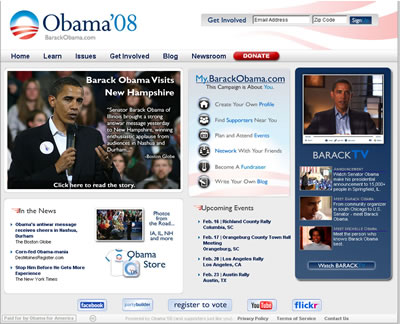Sarah Steiner, Learning Commons Librarian at Georgia State University, posted a link to the following video Does what happens in the Facebook stay in the Facebook?. The video makes interesting and disturbing claims about privacy concerns regarding the site Facebook. It quotes from the terms of service posted on Facebook, which I have to admit, I’ve never read. Here’s a quote.
“When you post User Content to the Site, you authorize and direct us to make such copies thereof as we deem necessary in order to facilitate the posting and storage of the User Content on the Site. By posting User Content to any part of the Site, you automatically grant, and you represent and warrant that you have the right to grant, to the Company an irrevocable, perpetual, non-exclusive, transferable, fully paid, worldwide license (with the right to sublicense) to use, copy, publicly perform, publicly display, reformat, translate, excerpt (in whole or in part) and distribute such User Content for any purpose on or in connection with the Site or the promotion thereof, to prepare derivative works of, or incorporate into other works, such User Content, and to grant and authorize sublicenses of the foregoing. You may remove your User Content from the Site at any time. If you choose to remove your User Content, the license granted above will automatically expire, however you acknowledge that the Company may retain archived copies of your User Content.” Facebook. 25.May.2007 http://colostatepueblo.facebook.com/terms.php
Naturally, I wanted to find out more about the validity of the claims presented in the video, so of course I googled the author. The video was created by Georgia web designer Vishal Agarwala (http://www.vishalagarwala.com/index.html). When I searched for his name, I ran across another post by Fred Stutzman on his blog, Unit Structures (here) that references this video. Stutzman points out seemingly contradictory statements in the Facebook Developer section of the site (which I couldn’t actually find myself). Some of the comments to Stutzman’s post include good counter arguments, especially refuting the allegations in the video about Facebook ties to the CIA and Department of Defense, which were provocative, but not well grounded in fact.
So what’s the bottom line? Well, it sounds like Facebook users grant Facebook the right to redistribute their user generated content, and Facebook promises to be ethical in its use of this content. Also, it requests that Facebook developers likewise respect user privacy. It sounds like Google’s “Do no harm” mantra. I suspect that most users, who like myself haven’t even read the terms of service, will only really become concerned about the possible privacy violations that could occur when they do occur. Until then, we’ll just keep posting with a refreshingly naive and trusting attitude. Be gentle with us Google and Facebook!
If you want to talk about this, sit with Ivan Gaetz (Dean of Libraries at Regis University) at lunch at the CALC Summit on June 1st. He will be facilitating a table talk regarding Privacy!
Filed under: Facebook, Google, Privacy, social networking, Technology, Web 2.0 | Tagged: CALCSummit, Facebook, Privacy, Technology, web2.0 | Leave a comment »




